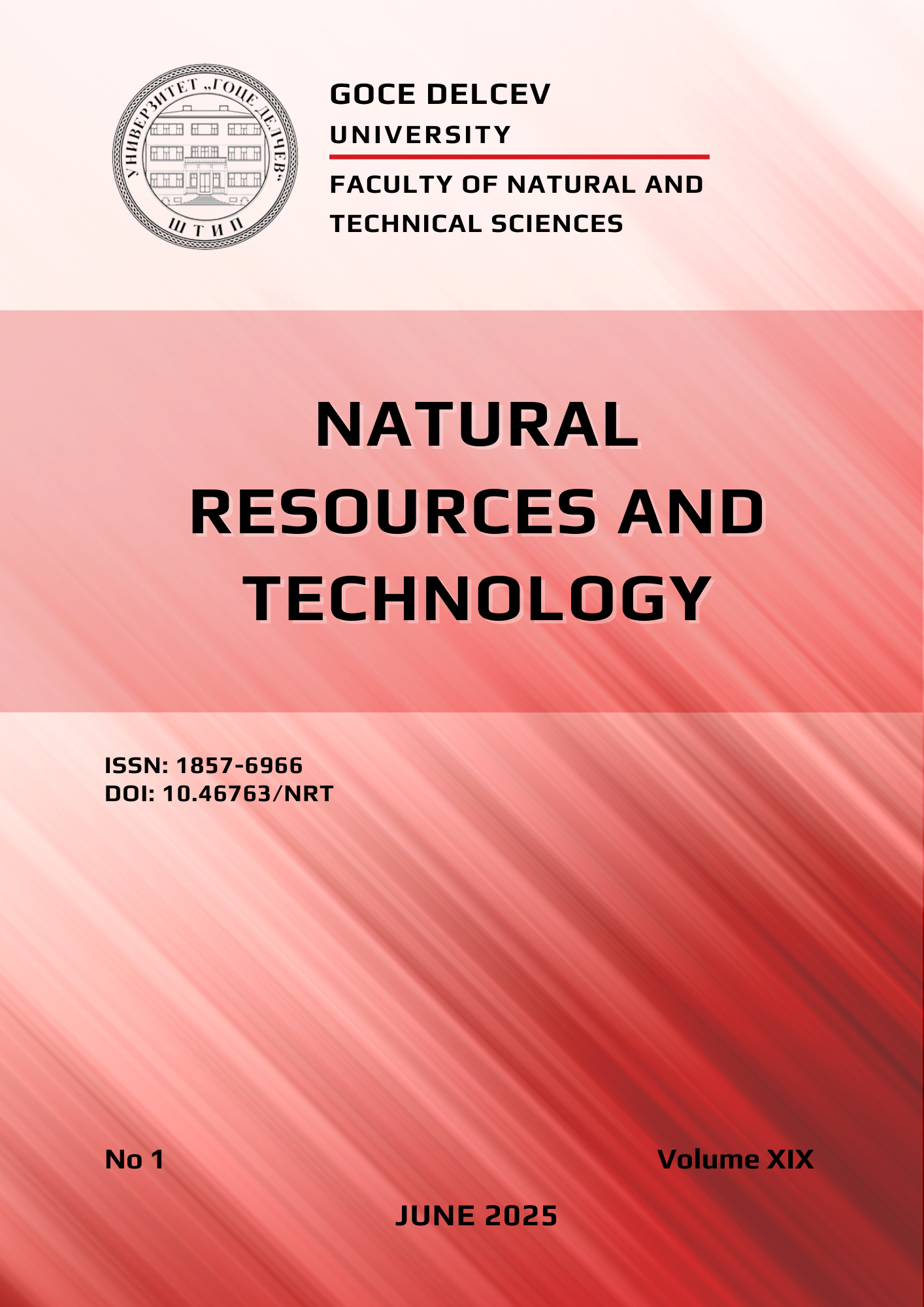TECHNO-ECONOMIC ANALYSIS AND COST-EFFECTIVENESS OF PHOTOVOLTAIC SYSTEMS FOR RESTAURANTS IN MACEDONIA
DOI:
https://doi.org/10.46763/NRT2519117aKeywords:
electricity consumption, electricity production, PV*SOL premium, load curve, operational expenses.Abstract
The technology of photovoltaics is constantly improving with increased efficiency and effectiveness, enabling lower investment and operational costs, as well as comprehensive solutions to address challenges such as mitigating price shocks and reducing dependence on fossil fuels. This, in turn, contributes to environmental protection by avoiding carbon dioxide emissions when compared to a power plant of the same installed capacity that uses fossil fuels as its energy source.
This paper presents a techno-economic analysis for the installation of a photovoltaic (PV) system on an average restaurant in Macedonia. The objective is to determine the feasibility of a photovoltaic system for an average restaurant that procures electricity from the open market, with the goal of reducing the energy dependence of restaurants and encouraging investments in PV systems by these commercial entities. Such investments can significantly contribute to increasing domestic electricity production from renewable energy sources.The analysis is based on the electricity consumption of an average restaurant and the electricity production from a PV system with a total installed capacity of 40 kWp, simulated using PV*SOL premium software. By comparing the hourly electricity production from the photovoltaic system, obtained through PV*SOL premium, with the hourly electricity consumption of the restaurant, derived from the standard load curve for restaurants, a techno-economic analysis was conducted in accordance with the forecasted electricity prices on the open market, taken from the HUDX electricity exchange. The analysis also considers the cost of the photovoltaic system, as well as its operational expenses.

.png)

